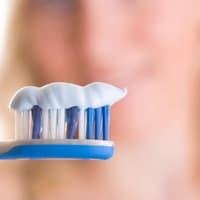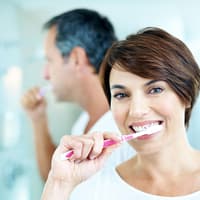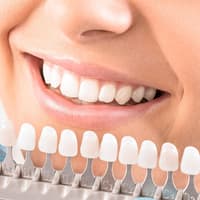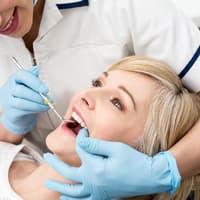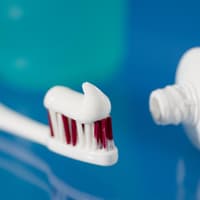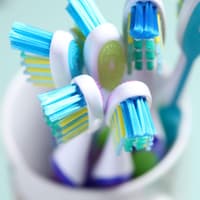"Stress or suppressed feelings are usually behind it. Many people 'clench their teeth' and thus increase the tension in their jaw more and more," says pain expert Roland Liebscher-Bracht.
The consequences: Headaches and tension
This can result in jaw pain, permanent headaches or neck tension. "Tinnitus is also possible," he says. "It's only two millimetres from the temporomandibular joint to the ear. If the muscles are very tense, it puts pressure on the hearing." Permanent tension can also cause the jaw muscles to enlarge and the facial contour to change.
Plays a role: the sleeping position
To prevent night-time grinding, you should check your sleeping position. Roland Liebscher-Bracht recommends alternating between sleeping on your back or stomach - without a pillow. He advises anyone who sleeps on their side to use a side sleeper pillow. A gentle massage, for example with a mini fascia ball (e.g. via store.liebscher-bracht.com), also helps to relieve tension in the jaw.
Relieves pressure: bite splints
Dentists recommend custom-made bite splints made of plastic that you wear while sleeping. They relieve pressure on the jaw joints and relax the chewing muscles.
For prevention: Anti-stress methods
It makes sense to take preventative measures and to better arm yourself against stress with a relaxation method or stress management courses and seminars.
You might also be interested in this:




